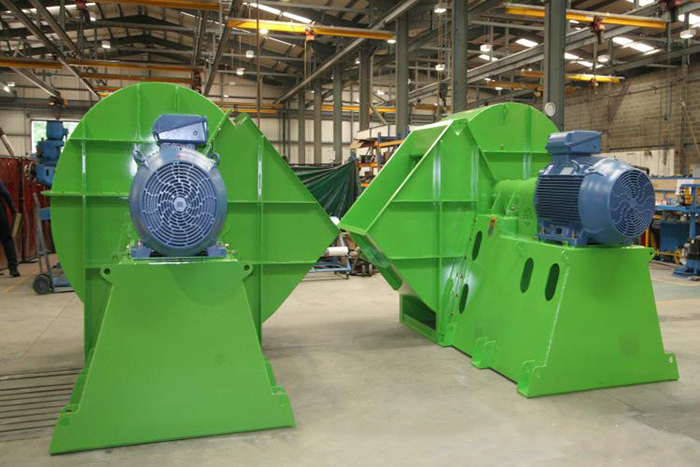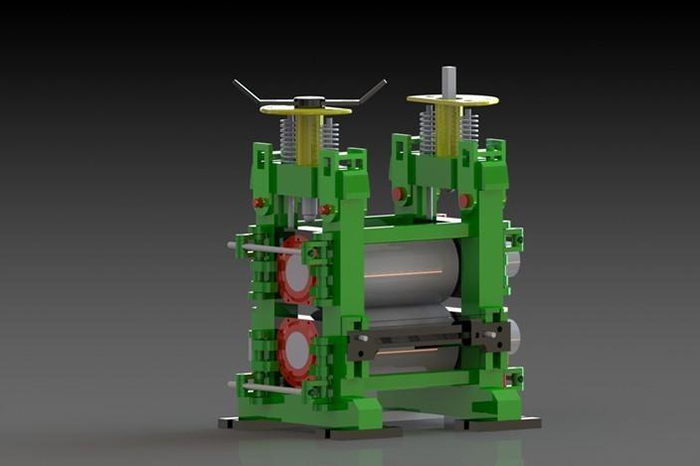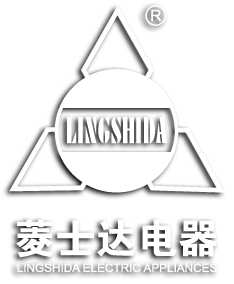1. The ability to adapt to voltage fluctuations in the power grid
When the motors on the bus are started in groups and the larger motor units on the bus are started, the impact on the operation of the frequency converter is related to the allowable input voltage fluctuation range parameters of the frequency converter. For thermal power equipment, when the bus voltage drops by 30%, the inverter should not stop.
In addition, after the instantaneous power failure of the bus voltage caused by the bus switch, the inverter should have the function of continuing or resuming operation (some inverter brand manufacturers call it the "restart function of voltage loss"), that is, when the bus voltage is instantaneous If it drops or disappears (such as accidental switching), the frequency converter will not trip or cause the motor system to run inertially; when the bus voltage returns to normal, the frequency converter can correctly adjust its output according to the captured motor speed, and then drag the motor to run again.


2. Ability to adapt to the on-site environment
Most high-voltage inverters are installed near the auxiliary machinery on site, and there is a lot of dust. Dust entering the inverter cabinet will cause the insulation layer to drop or break down and damage the electronic components; the dust-proof filter will cause poor heat dissipation of the power cabinet, which can easily lead to overheating failure and damage to the power module. Some manufacturers design the air filter to be removable and clean during operation to facilitate maintenance. In the high-temperature and high-humidity areas of the south, products that do not require high ambient temperature and humidity and have relatively low system temperature rise should be selected to ensure safe and stable operation.
Post time: May-10-2021
